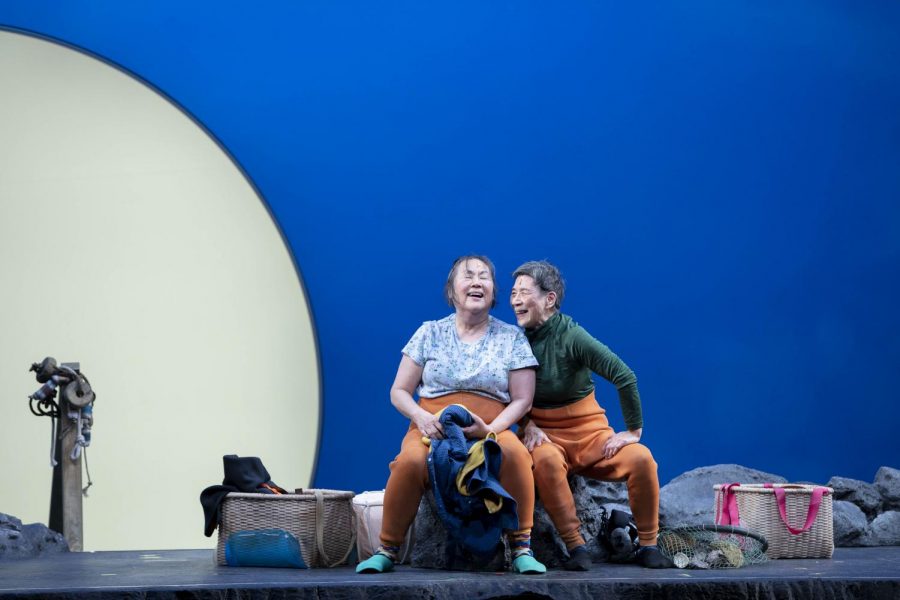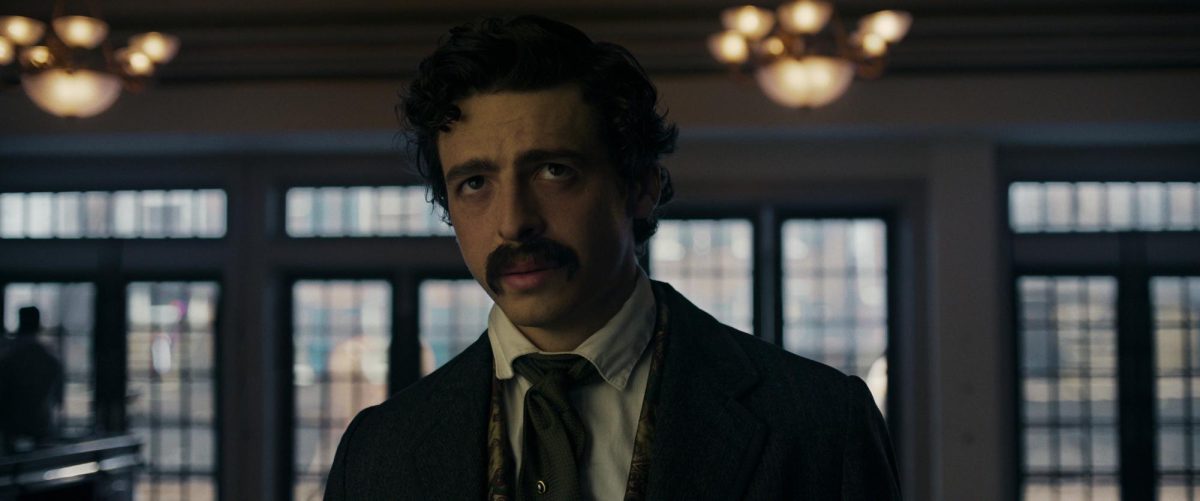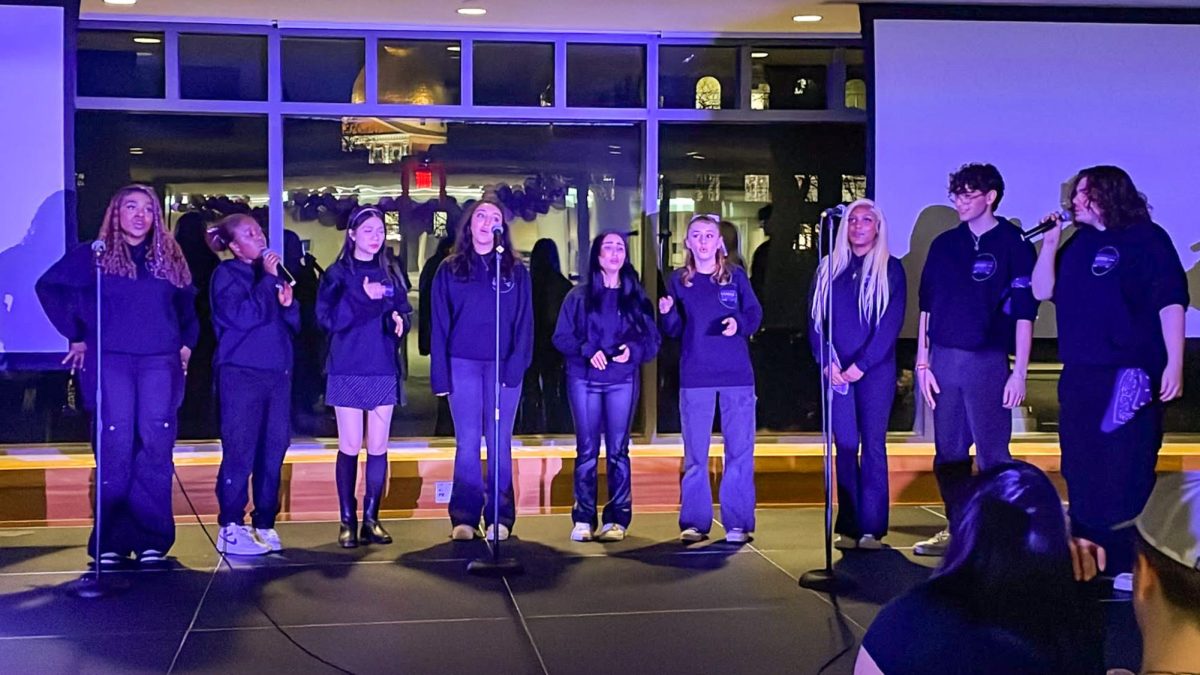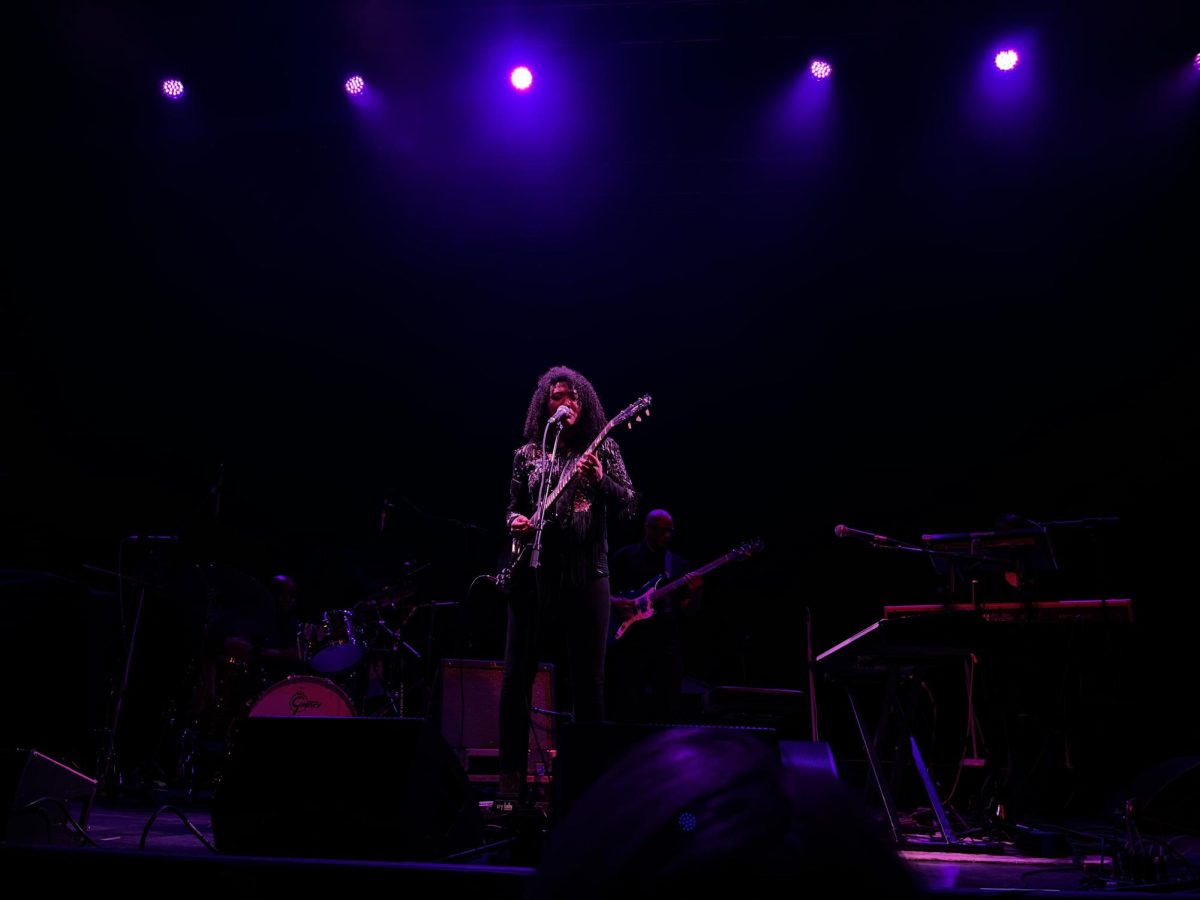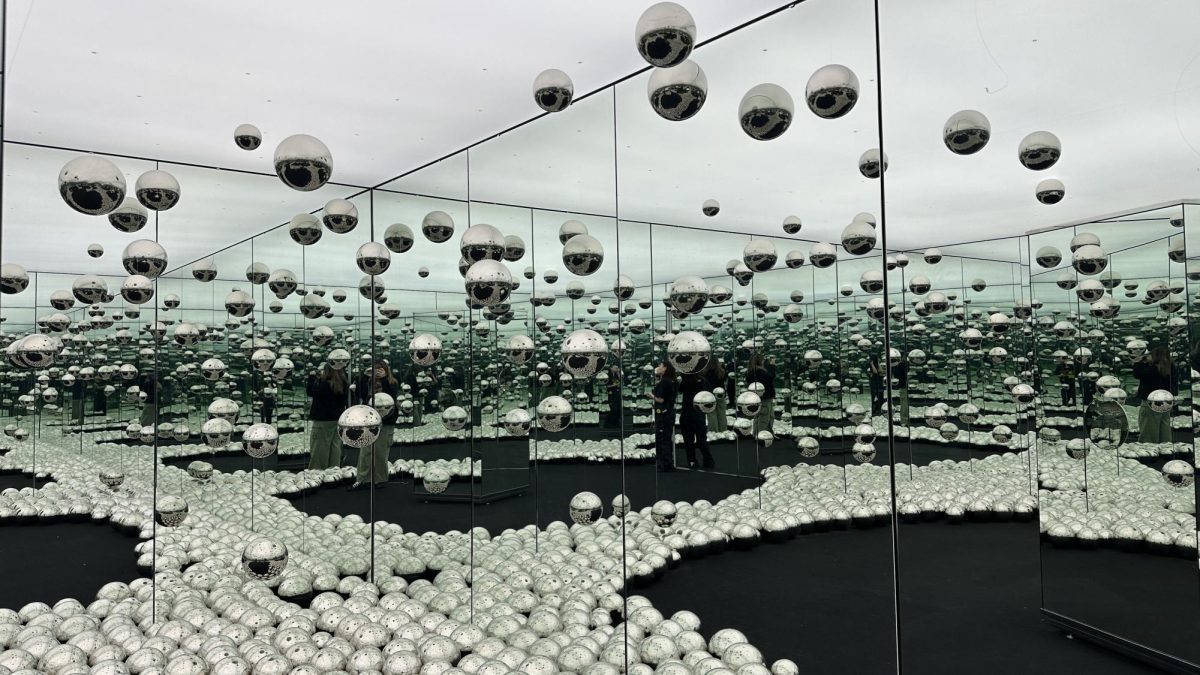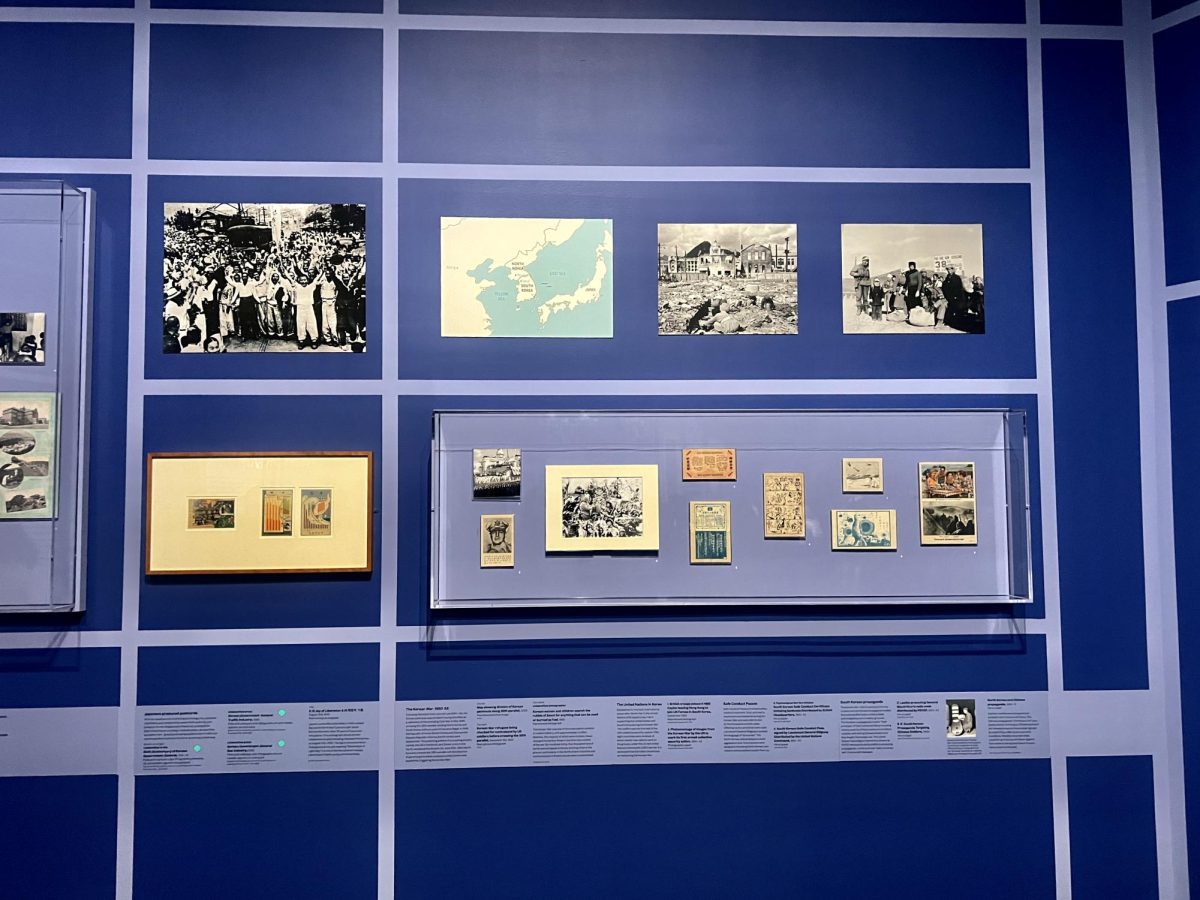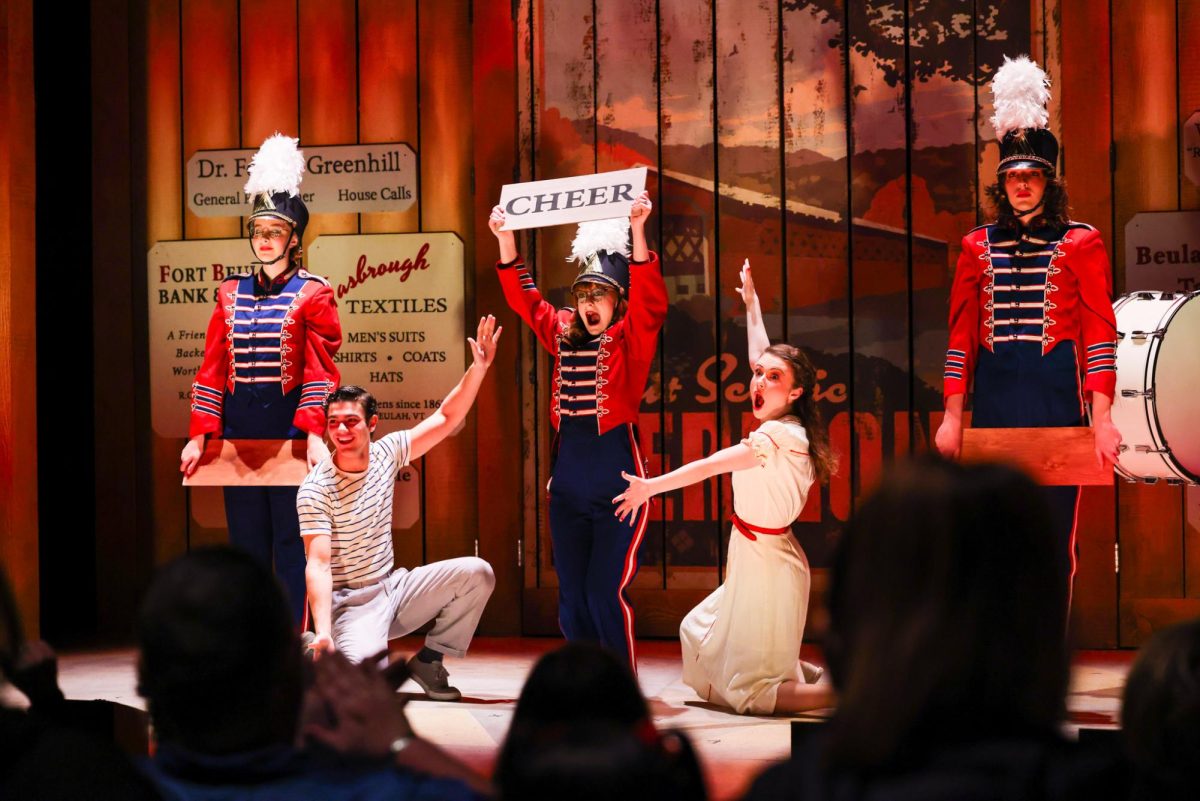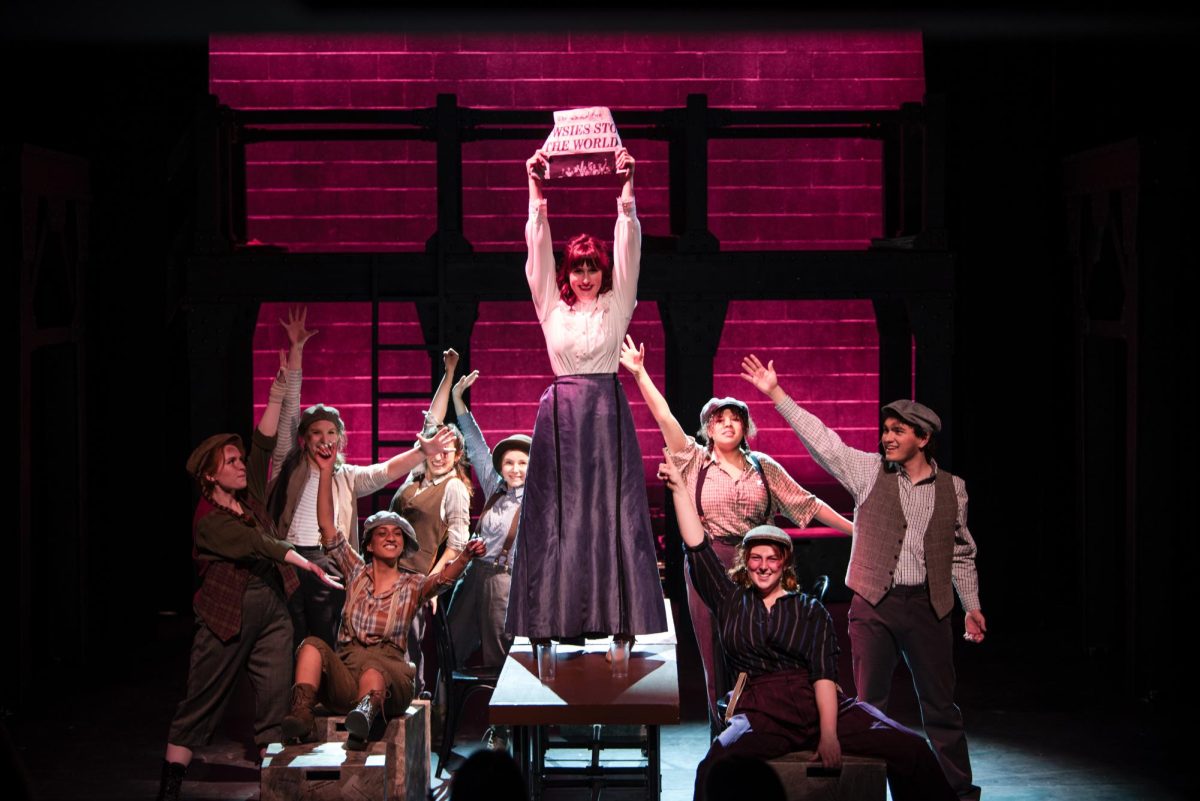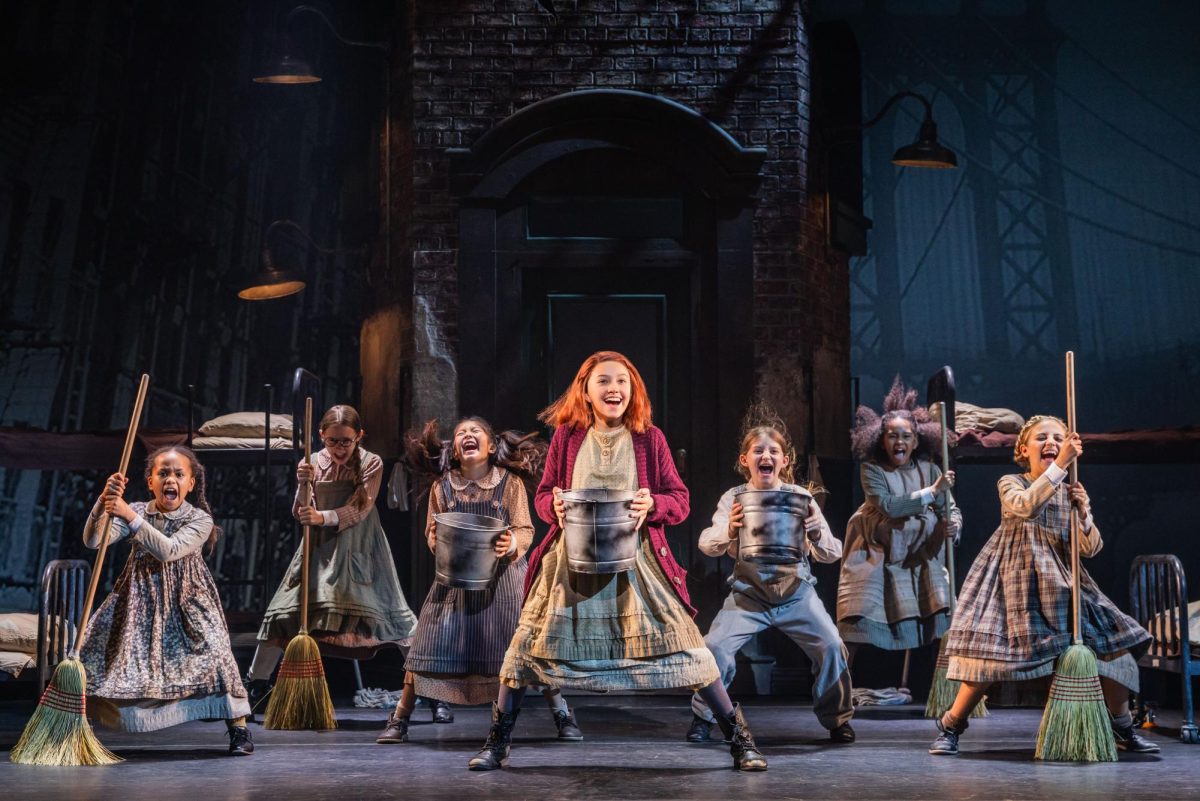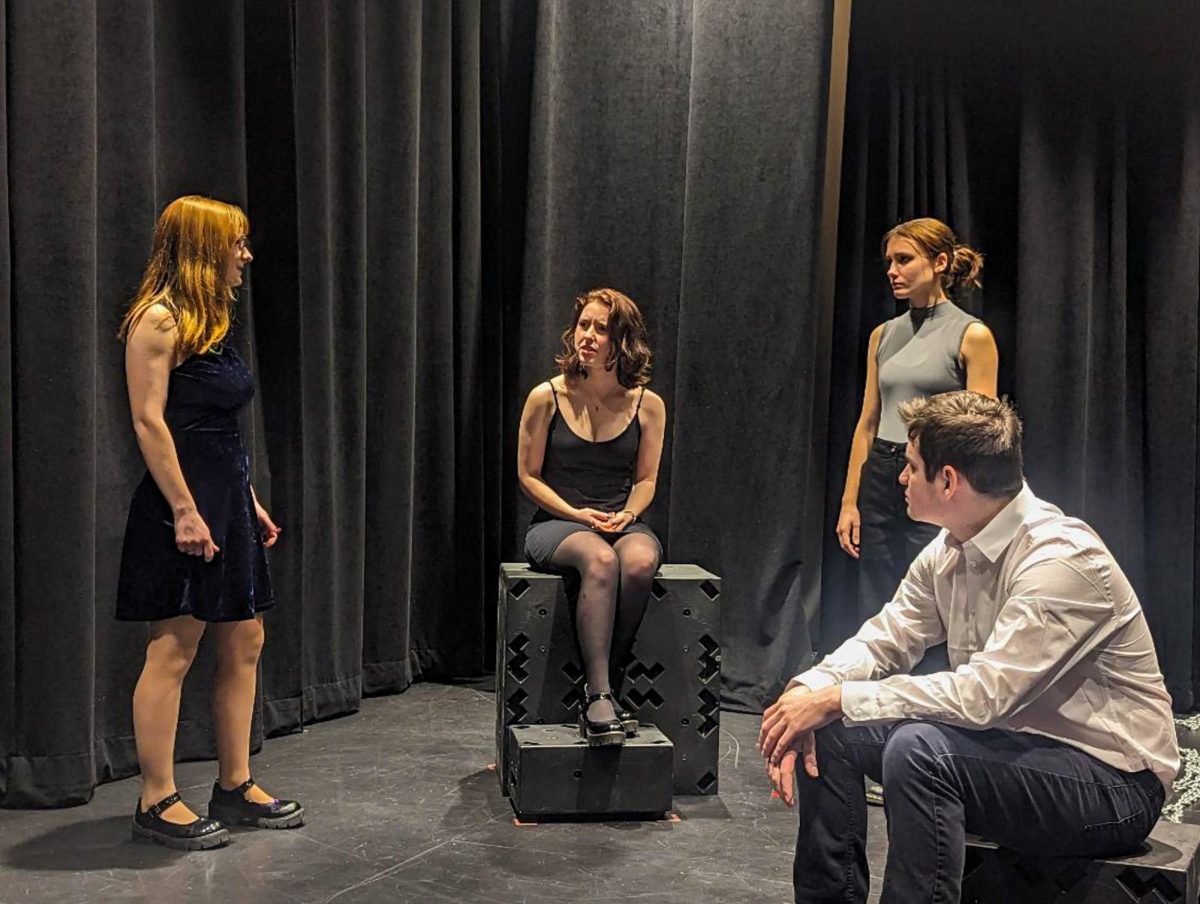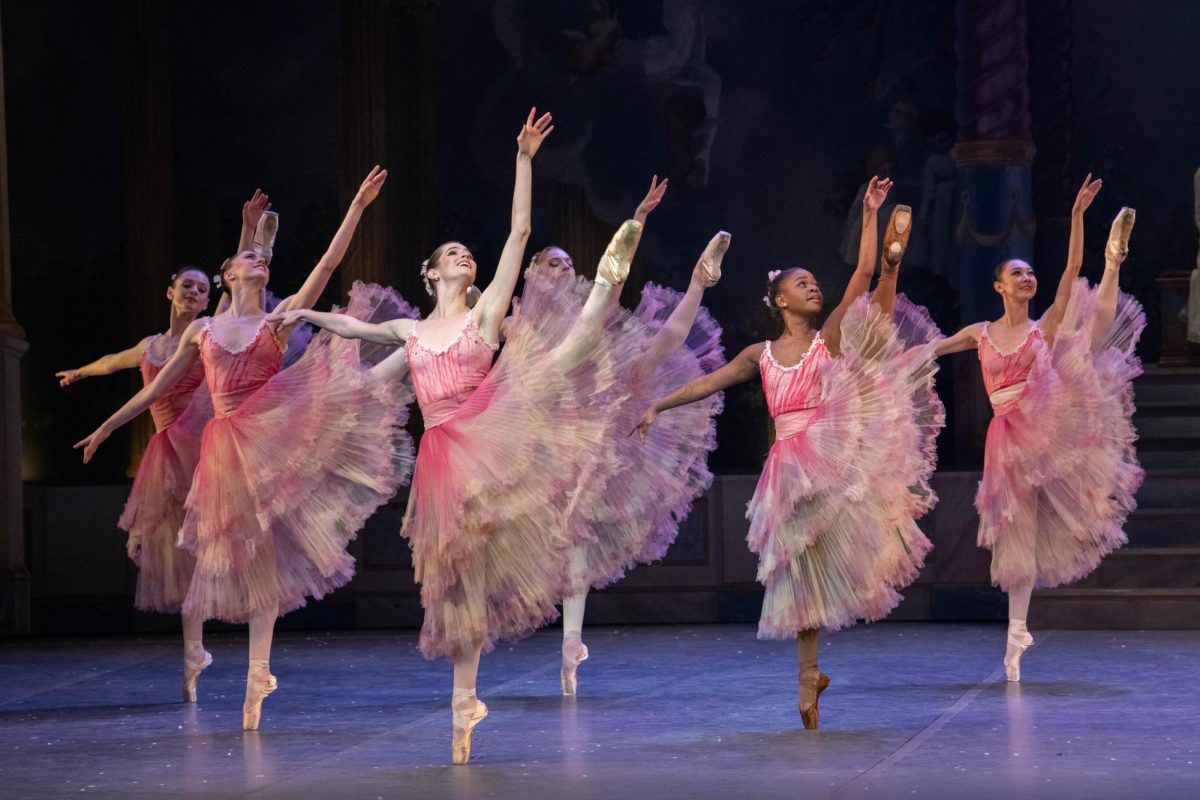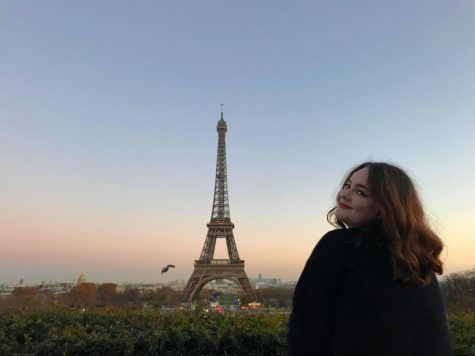“Endlings” is the play every Bostonian is talking about right now, and rightfully so. The play, which is running at the Loeb Drama Center at the American Repertory Theater, follows the story of three Korean female divers, known as hanyeos, and Ha Young, a Korean New Yorker trying to write a play. The author of “Endlings,” Celine Song, combines the differing storylines through themes of identity, immigration and real estate. Despite sounding a bit strange, the play successfully combines the two stories to create a great message. When asked about the play, Song summarized it by saying; “It’s about three old women waiting to die, and one young woman trying to live.”
An endling is the last known individual of a species. The three hanyeos, Han Sol, Go Min and Sook Ja, are the only remaining hanyeos. As endlings, these women are the last of their kind, therefore their way of life will die with them, and that’s what they want. They all pushed their children aside, making them go as far away as possible and lying about missing them so they would never want to live on their island. They only have each other as they slowly work themselves to death. The elderly women spend their final days diving, complaining about life and craving death so they can meet their husbands in the mythical island of paradise.
Trying to find your identity is already hard, but struggling to find yourself in a world full of identities that are dying can make it even harder. The second act exceptionally blended the storyline of the hanyeos and Ha Young. Ha Young sees the hanyeos in her everyday life, their identities taking over her own with the powerful need for their stories to be told.
The play also showed the contrast between the hanyeos and Ha Young through the captivating set design. The hanyeos live on an island and the set is a rock that the hanyeos never leave. The set may change from their house to the ocean, but that is all that is on this island. The background changes, the sun is constantly beating down on the hanyeos until the moon takes its place and they retire to their houses. The hanyeos only escape is through their televisions. Their televisions show the great island of Manhattan, that is nothing like their own island. On Manhattan island, people don’t swim their lives away to make ends meet. On Manhattan, people live in tiny expensive apartments complaining about the subway.
Ha Young lives in Manhattan, her scenes contain only a few props; subway chairs or her kitchen table. The real focus of the set design during these scenes is the city itself. A large 3D model of the island of Manhattan lays before whatever scene Ha Young is in. Ha Young is defined by Manhattan, just as the hanyeos as defined by the tiny rock they live on. The importance of real estate determines the characters’ lives. Young’s mother left South Korea so her children could have better opportunities in life. Due to this, Young is allowed to dream bigger than any of the hanyeos. She dreams of taking over the theatre scene and of taking over the whole world with her story.
The characters use repetition of key terms throughout the play. Real estate, immigration and identity are each repeated during almost every part of the play. “There is no real estate under the sea” is a line recited several times within a scene featuring clams at the bottom of the sea. There is no real estate under the sea, there is no immigration, no identities you have to find. The sea just exists; it is a backdrop but also a character in itself. The sea is cruel and kills, but also provides the hanyeos with their way of life.
There is no real estate under the sea, there is no immigration, no identities you have to find. The sea just exists; it is a backdrop but also a character in itself. The sea is cruel and kills, but also provides the hanyeos with their way of life.
Some moments in the play were a bit odd, such as the part where Young talks about her body covering the island of Manhattan or the previously mentioned clam scene. However, by the end of the show all the scenes flowed seamlessly together and reinforced the main idea of the play: authentic stories matter.
“Endlings” is receiving praise for its genuine voice. The play itself also addresses the importance of this story coming from a Korean author. In a comedic spat between Young and her “White Husband,” they both come to the conclusion that he would not be able to tell this story. Representation matters, but having representation come from an author that does not overdramatize or distort the representation matters more.
Although this play is definitely a Korean story, it is not only for a Korean audience. This story should be seen by everyone. The play, although ironically hard to explain, is incredibly easy to relate to. Anyone who has ever worked hard or wants to find their voice would enjoy this show.
“Endlings” will run at the Loeb Drama Center, in Cambridge until Sunday, March 17. Tickets are available online at americanrepertorytheater.org, by calling 617-547-8300 or at the center’s ticket desk.


